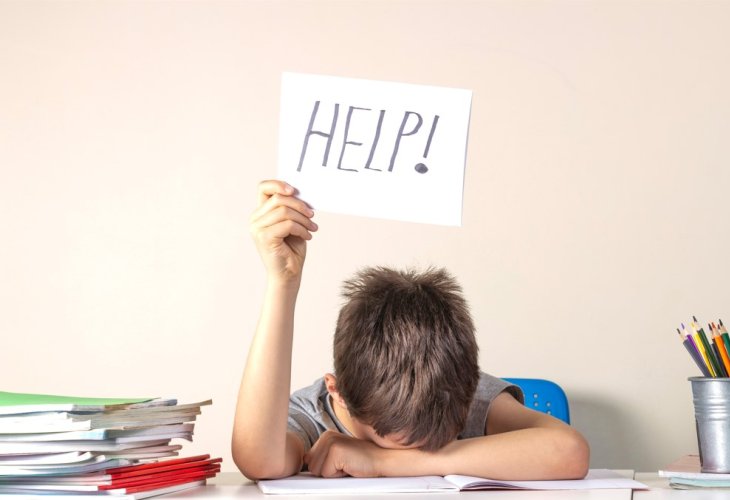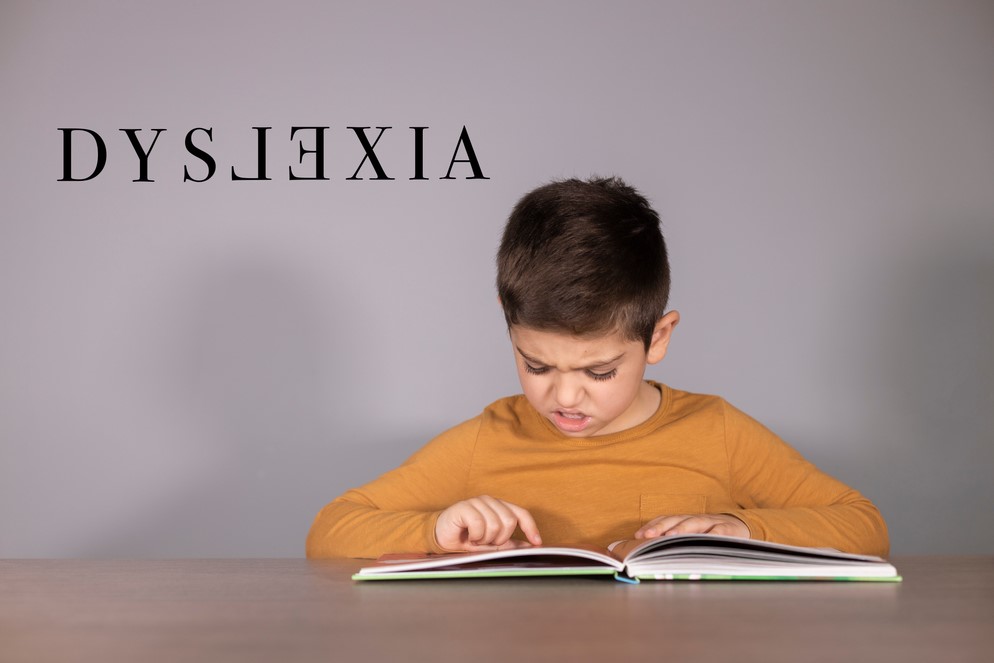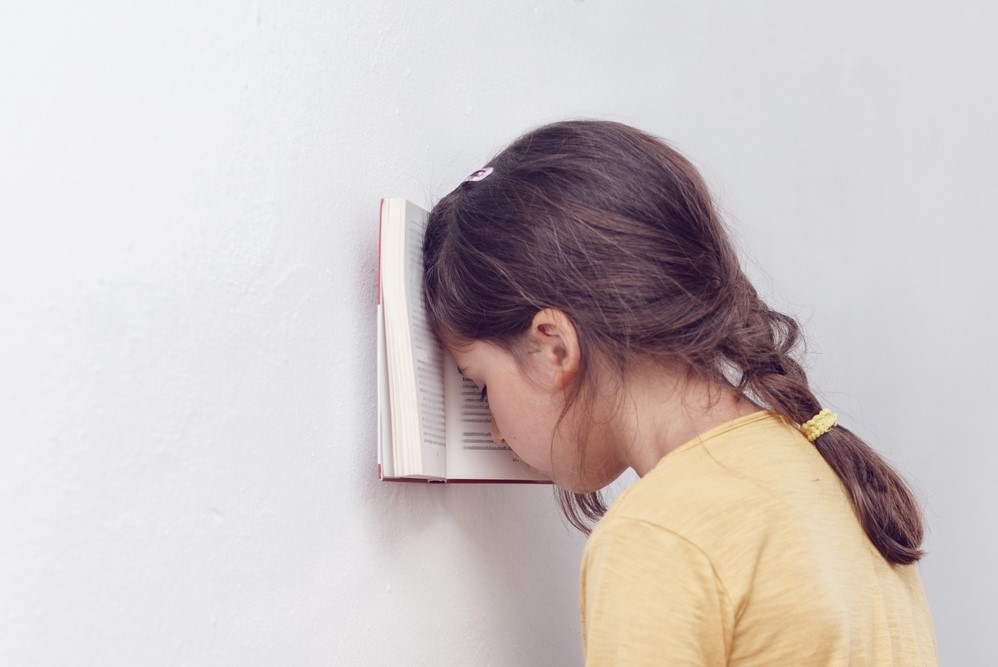5 Essential Tips for Parents: Could Your Child Have Dyslexia?
Is picking up a book pure torture for your child? Does reading a simple text feel like a never-ending struggle? If your instincts are telling you something isn't right, don't wait another moment.
 (Photo: shutterstock)
(Photo: shutterstock)If I hadn't experienced dyslexia in my own family, I would probably know very little about it. Growing up in the '90s, the term "dyslexic" was no longer an insult but a recognized issue. However, did anyone around me truly understand what dyslexia was? I doubt it. After watching Efrat Barzel's excellent piece on the subject (go watch it), I can confirm much of what was discussed. Dyslexia can manifest in various ways,differing greatly from child to child,and it's crucial to diagnose it early to prevent prolonged suffering. Here are my five personal guidelines for hesitant parents:
- Trust Your Instincts:
No one else can decide for you or truly know what's going on with your child. Reread that sentence over and over. Unfortunately, we've encountered the educational system's indifference and lack of knowledge. I began to suspect something was wrong in the third grade. Despite great grades and seemingly regular learning, something felt off to me. Every time I turned to the educational staff, the response was the same: "Everything's fine, how could there be an issue with such good grades?"
Sadly, I chose to listen to the staff instead of my heart. Don't make that mistake. If you feel that reading isn't right or smooth for your child, take them for an assessment. Don't wait for funding from the school or health fund. Get them assessed as soon as possible. Every minute counts in preventing ongoing hardship.
 (Photo: shutterstock)
(Photo: shutterstock)- But They Can Read!
So what? Many dyslexics manage to acquire reading skills, often thanks to the diacritical marks in Hebrew. Our challenges began in third grade when those markers were phased out. As I mentioned before, dyslexia can manifest in many forms. Some children struggle when learning a second language; others can't acquire reading skills at all. Some, like in our case, can read but are averse to it due to the immense difficulty. It's not something you can diagnose without a professional.

- Grab a Book, Read a Bit
On the surface, this seems like the best remedy, right? Trouble reading? Practice more. Our evaluator and therapist also recommended reading to improve skills, but emphasized: Under no circumstances should you force it.Certainly not in front of everyone.
Before the diagnosis, I didn't understand the difficulty; I didn't grasp why my child refused to read Pirkei Avot at the meal with everyone else. I asked, pleaded, and even got upset at reading mistakes. For a dyslexic child, letters switch before their eyes, making reading pure punishment.
Do you know that kid who loves reading, with a stack of books by their bed, for whom a library visit is a treat? For many dyslexics, the experience is the opposite. To emphasize, here's an exact quote: "I hate letters, hate everything about reading. Letters are my nightmare."
 (Photo: shutterstock)
(Photo: shutterstock)- This Isn't a Learning Disability—It's a Differently Wired Brain
A dyslexic child has many, many other gifts that Hashem provides as compensation for the challenge. I'll list just a few possible gifts: incredible creativity, amazing drawing and mimicry skills, excellent technical problem-solving abilities, incredible sensitivity to others, and more.
Many leaders and those who've made significant changes in the world were dyslexic. You might be raising the next leader, the next great figure, and what's stopping their growth is a lack of understanding or diagnosis. Isn't it a shame?
 (Photo: shutterstock)
(Photo: shutterstock)- Don't Expect the System to Understand
This is a painful yet important point. Unfortunately, in Israel today, few teachers know how to deal with dyslexia. Yes, they've heard of attention disorders, but dyslexia? "How can that be? But the child is so smart." I've found myself explaining to the teaching staff that a dyslexic isn't stupid. A dyslexic child can score 100 on tests, actively participate in class, and, as in our case, cleverly hide their "problem." A dyslexic can essentially do anything, if not more, but it's hard. Extremely hard. Not because they're not smart, but because their brain processes text very differently from a typical child.
A classic example (and perhaps the most well-known) is letter swapping. One letter is mistaken for another, words shimmer and dance on the page. The evaluator explained it simply: suppose an "average" person takes 5 minutes to read a short text. A dyslexic likely needs around 8 minutes. Eight minutes of tremendous effort.
They might achieve the same results as a "regular" child after reading the text, but just imagine the suffering endured along the way, the effort of fitting in when internally thinking, "Why is this so easy for everyone else, but so hard for me? What's wrong with me?"
These difficult feelings can lead to emotional issues, feelings of inferiority, damage to self-worth, and more. That's why a diagnosis is crucial, and the sooner, the better. Don't wait. If your heart is uneasy and you feel "something's not right with the reading," don't listen to those who say otherwise – a parent's intuition knows best. From experience.
 (Photo: shutterstock)
(Photo: shutterstock)Watch: Efrat Barzel on Coping with Dyslexia

